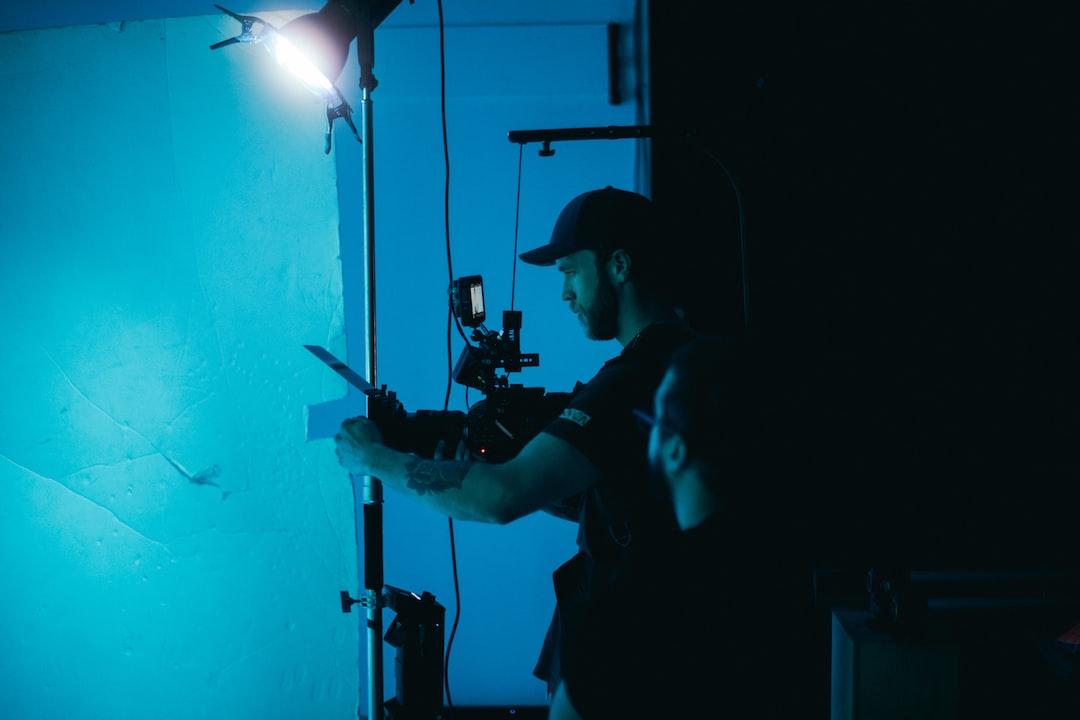Media plays a significant role in shaping our perceptions of beauty and the ideal body shape. Various forms of mass media, such as advertisements, social media, and magazines, have a profound impact on body image and self-esteem. These media outlets bombard us with unrealistic portrayals of beauty standards, often creating an unattainable ideal that damages our self-image.
Young people, especially women, are exposed to images that promote a particular type of thinness or muscular appearance as the epitome of beauty. Unfortunately, these images often fail to represent the diverse and beautiful range of body shapes and sizes. This unrealistic portrayal of the ideal body shape can lead to negative body image and self-esteem issues in individuals.
Studies have shown that exposure to thin models and images of the “perfect” body can lead to feelings of inadequacy and anxiety. Consequently, individuals may engage in unhealthy practices such as excessive dieting, over-exercising, and in severe cases, eating disorders such as bulimia and anorexia nervosa.
The impact of media on body image and self-esteem can also be seen in the way individuals perceive and evaluate themselves. Research has found that people who are exposed to images of thin and perfectly toned bodies are more likely to have lower self-esteem and more likely to compare themselves to these images.
Moreover, the rise of social media platforms has amplified the problem of unrealistic beauty standards. Social media influencers, who are mostly popular for their beauty and fashion content, have millions of followers who look up to them as role models. However, most of these influencers unrealistically portray their body size and shapes through editing software, filters, or with professional lighting and makeup.
It’s essential to point out that media can also positively impact self-esteem and body image. Some media outlets, such as Dove’s “Real Beauty” campaign, promote diversity in body shapes and sizes and encourage individuals to love their bodies as they are. Including a range of diverse models and body shapes in media content makes it easier for people to have a realistic view of beauty and promotes positive body image.
In conclusion, the impact of media on body image and self-esteem can’t be ignored. The constant exposure to unrealistic beauty standards can lead to negative body image and self-esteem issues, especially in young people. Therefore, it’s essential to promote diversity in media content and educate individuals on the dangers of chasing an unrealistic ideal. Encouraging practices that promote self-love and acceptance of our body shapes and sizes can lead to better mental health outcomes and overall well-being.
